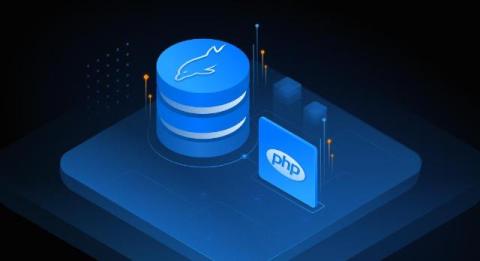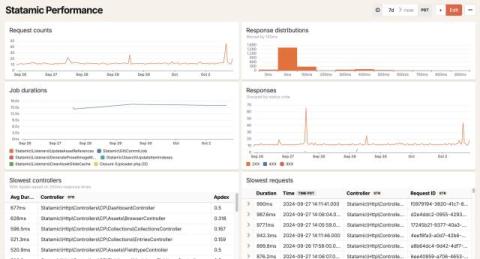If you're a web developer using the Laravel framework, then you know that Eloquent ORM is a real game-changer, making database interactions not just easier but also more intuitive. With its elegant syntax and powerful features, Eloquent provides an advanced, yet approachable way of handling database operations. Understanding how to leverage Eloquent joins can significantly simplify your code and enhance performance. In this article, we will delve into the world of Laravel Eloquent Join, comparing them with traditional joins, exploring advanced techniques, and showcasing real-world scenarios where they have a clear advantage. Below, we uncover the tools and tricks to master Eloquent joins.











